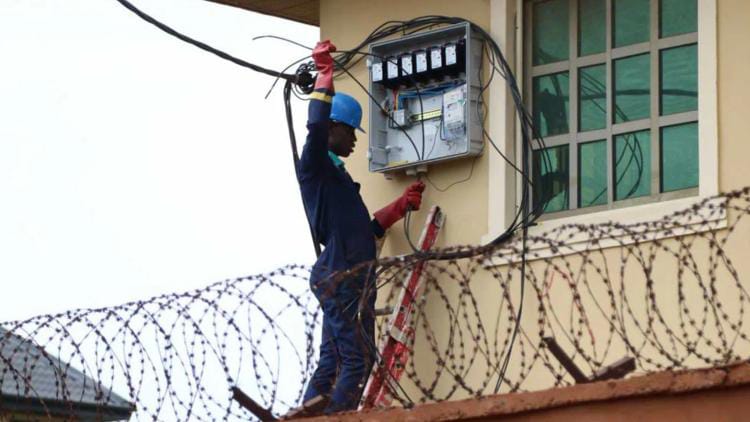The Federal Government has disclosed that more than 68% of electricity consumers across Nigeria are bypassing their prepaid meters to use power illegally without payment.

This revelation was made in Abuja during the 5th Annual Conference of the Power Correspondents Association of Nigeria (PCAN), where energy experts expressed concern over the worsening liquidity crisis in the nation’s power sector.
The Managing Director of Mainstream Energy Limited and board member of the Nigerian Independent System Operator (NISO), Audu Lamu, said the current economic hardship has made it difficult for many Nigerians to afford electricity.
Represented by the Chief Executive Officer of NISO, Abdu Bello Mohammed, Lamu explained that inflation, unemployment, and the declining purchasing power of households have further pushed many citizens to bypass meters in order to reduce costs.

He stated, “Millions of households in Nigeria still lack access to reliable electricity. For many, connection to the grid does not guarantee supply, and for others, the cost of energy remains beyond reach.”
While noting the importance of cost-reflective tariffs, Lamu cautioned that their implementation must be handled carefully to avoid worsening energy poverty among Nigerians. He recommended targeted subsidies to support low-income consumers rather than blanket government interventions that promote inefficiency.
Also speaking, Ali Bukar, General Manager of NISO, lamented that meter bypass and energy theft continue to cripple the financial stability of the power industry. He urged the government to enforce stricter laws and deploy modern technologies to detect and prevent electricity theft.

The Chairman of PCAN, Obas Esiedesa, added that more than a decade after the privatisation of the power sector, tariff imbalance remains one of its major challenges. He revealed that the industry is currently weighed down by an estimated ₦6 trillion debt, coupled with gas shortages, poor transmission capacity, and foreign exchange instability.
Energy experts at the forum warned that without holistic reforms — including stricter enforcement, consumer protection, and realistic pricing — Nigeria’s power sector would remain inefficient and unattractive to investors.
Nigeria currently generates between 4,000MW and 5,500MW of electricity, with a peak output of 5,801MW recorded in March 2025. The Tinubu administration has promised to raise generation to 8,500MW within the next year.




